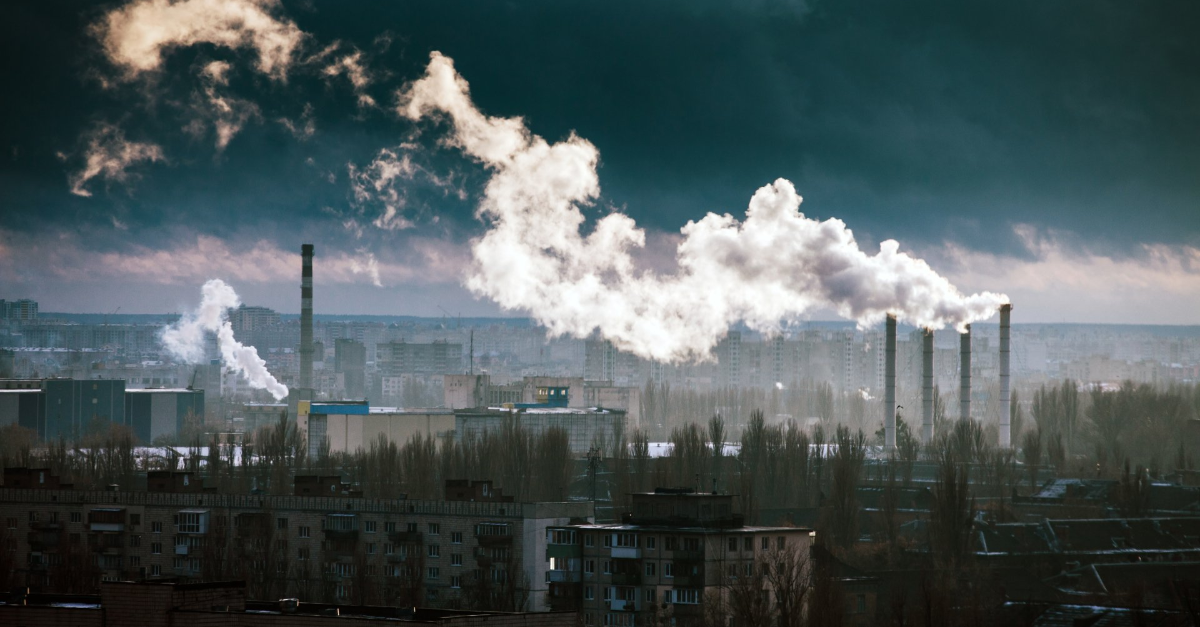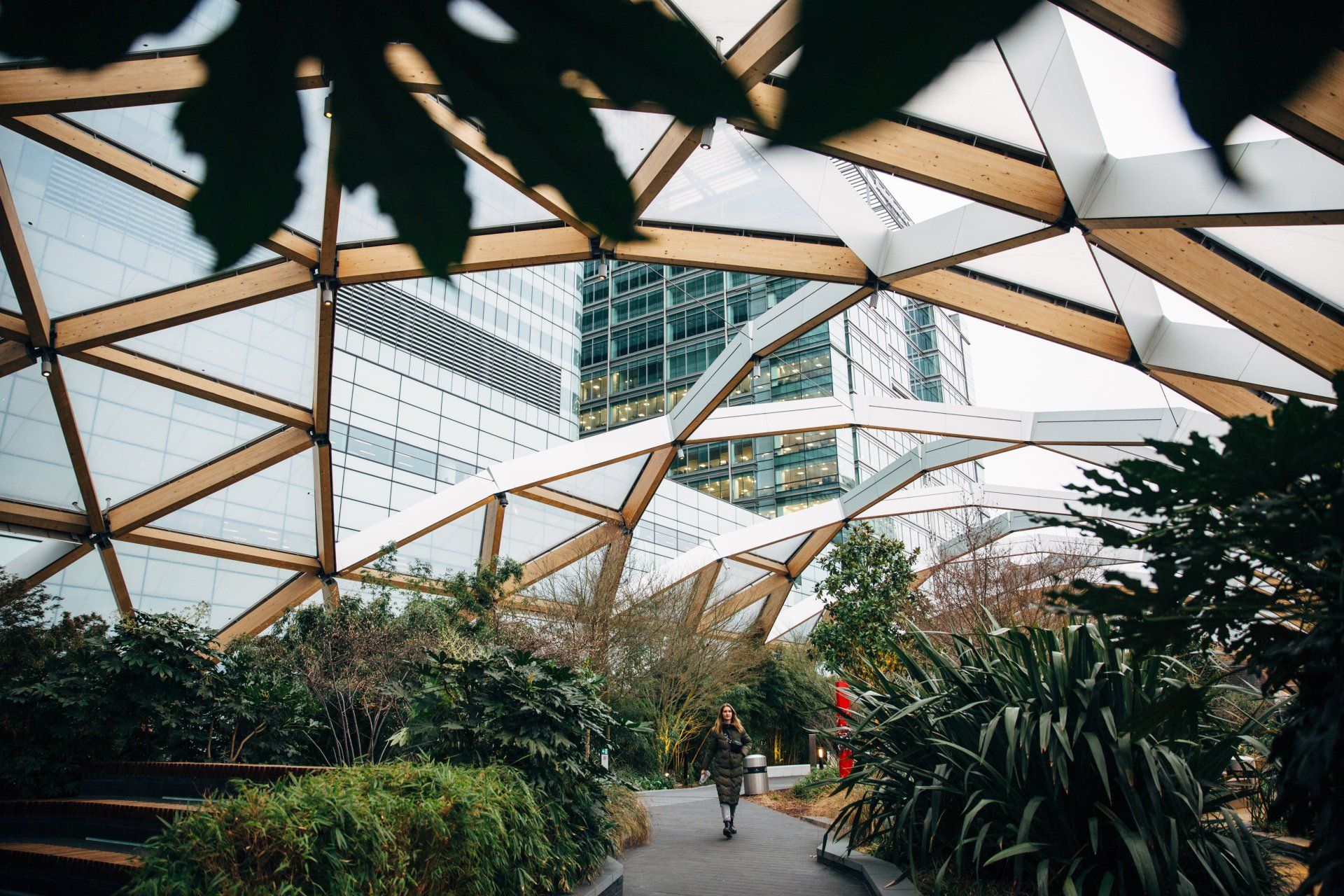Follow us
Last summer the UK government set ambitious new targets to end the nation’s contribution to global warming by 2050. That gives everyone just 30 years to achieve net zero greenhouse gas emissions. But with all the new technologies emerging over the next decade or two that should be possible, right?

Time is running out
Actually, according to some of the top minds from UK Fires, which is a collaboration between the universities of Cambridge, Oxford, Nottingham, Bath and Imperial College London, breakthrough technologies are simply not breaking through fast enough.
In their new report, which outlines the changes that need to be made for our society to become carbon neutral, they’ve given a stark warning. They believe many of the developing technologies will take a long time to deploy and are unlikely to be up and running at scale within 30 years.
But it’s not all bad news. Since we first started tackling climate change with new technologies and energy efficient measures, the UK has already reduced emissions by 42% . A solid start, albeit we still have a long way to go. Good news then, that the report from UK Fires also contains a workaround – and it’s simpler than you might think.
Incremental changes
Turns out it’s unlikely to be some revolutionary new technology or a single action that will bring about net zero. Much like a watched pot that never boils, we may find ourselves waiting on a breakthrough that comes too late or not at all. Instead we should look to existing technologies to drive incremental change. Or more specifically, we should all make the switch to 100% electrification.
Things like driving smaller cars, taking public transport, using efficient electric heat pumps and ensuring buildings, vehicles and equipment are well-designed and long-lasting, are smart steps we should all be taking. In fact, apart from flying and shipping, the report states that there’s no reason why all other energy use can’t be run by electricity by 2050. And by doing so, we would cut global energy use by 60%. The main thing seems to be that whatever we do, we need to do it quickly.
British Gas Solutions
However your business decides to begin reducing its carbon emissions and working towards meeting the government’s net zero targets, we can help. Our services and technologies range from the installation of EV charging points, heat pumps and biomass boilers through to our renewable electricity tariff.
>Find out more

Wholesale energy prices have experienced unprecedented levels of volatility since the end of summer 2021, with both day ahead/spot and future contracts surging to all-time highs. In the last couple of months, prices have decreased but still remain high compared to a year ago. This period of high energy prices is expected to continue for the foreseeable future (see next section). Energy prices have surged for a number of reasons: A global increase in gas demand following the ease or end of Covid-related restrictions throughout 2021. After the pandemic, economies across the world started to recover. Asian countries like China saw their imports of Liquified Natural Gas (LNG) increase. This resulted in lower LNG shipments to the UK and Europe. On the supply side, the Covid-19 lockdowns pushed some maintenance work from 2020 into 2021 at a time when demand was recovering. In 2021, gas production hit a record low of 363TWh, 47TWh below the previous record low in 2013. Low production was the result of an extensive summer maintenance schedule which saw shutdowns at several major terminals, as well as the Forties Pipeline System which serves a significant proportion of UK gas and oil production. A lack of wind in the summer resulted in higher demand for conventional power. European gas storage in 2021 and Q1’22 remained far below previous years and it’s unclear how these are going to be replenished in the summer given the concerns around supply including the potential suspension of Russian gas flows due to sanctions. The 1,234km offshore Nord Stream 2 gas pipeline, which was designed to double the flow of gas between Russia and Germany (and by extension the rest of Europe) has been abandoned following the invasion of Ukraine. Gas storage in the UK is extremely minimal with capacity at less than 2% of the UK’s annual demand, compared with 22% for other European countries. Whilst the UK is not heavily reliant on gas coming from Russia, it sources almost half it’s gas supply from Europe. Hence, wholesale gas and power prices in the UK are now subject to knock-on-effects from the conflict in Ukraine.

Amidst rising energy costs, digitalisation, growing pressure from stakeholders and increasing regulation, organisations may struggle to define their pathway to a low-carbon future. What can you do to protect your business’ net zero plans from the challenges of volatility? Disruption and volatility are putting organisations under pressure. Digitalisation and new technology developments continue to challenge existing business models. Its increasing dependence on energy and encouraging businesses to drive change to secure competitive advantage. And as customers, employees and shareholders look to engage with companies who understand the importance of decarbonisation, pressure is mounting to prioritise sustainability.

